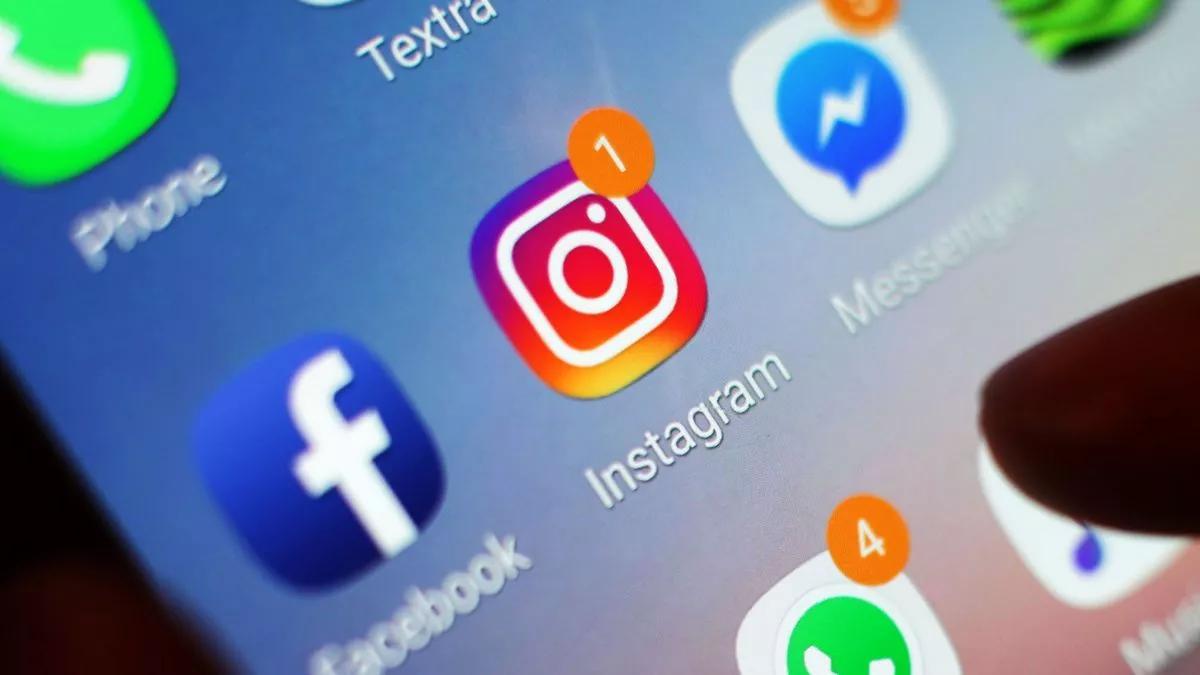Africa-Press – Botswana. Have we ever taken a moment to consider how being constantly online affects us? Does it even matter? The digital revolution has brought enormous benefits, but if caution is not exercised early, we risk losing a whole generation.
Social media has transformed the way we communicate, work, and do business. However, research suggests that excessive use can have a profound impact on mental health. What is the relationship between social media and mental well-being? How does it affect youth and teenagers? Let’s explore.
Constant exposure to curated and idealized portrayals of others’ lives can foster feelings of inadequacy and low self-esteem. This, in turn, can lead to anxiety and depression, particularly among youth and teenagers.
Without proper guidance on healthy social media use, young people are increasingly exposed to cyberbullying and online harassment, which can create lasting emotional consequences, including suicidal ideation in some cases.
Youth and teenagers are also experiencing sleep disorders due to prolonged screen time before bed and constant notifications that disrupt sleep patterns, leading to sleep deprivation and related mental health issues.
While social media has its downsides, it also offers notable benefits. Supportive online communities provide a sense of belonging, especially for those who feel isolated or marginalized. Social media can also serve as a platform to access mental health information, resources, and services. Organizations and individuals use it to share experiences, provide support, and promote awareness, helping to reduce stigma. Campaigns such as #MentalHealthAwarenessMonth and #ItsOkayToNotBeOkay have encouraged individuals to share their stories and seek help.
To reduce negative effects, boundaries should be set regarding social media use to promote well-being and productivity. Young people should unfollow accounts that trigger negative emotions or expose them to cyberbullying and use social media purposefully and intentionally. And, as always, it’s okay not to be okay—but what is not okay is failing to seek professional help. Youth who need support should be bold and courageous enough to access it.
Ultimately, cultivating a healthy relationship with social media is a personal responsibility. When youth learn to strike a balance, they can protect their mental health while benefiting productively from social media.
For More News And Analysis About Botswana Follow Africa-Press






